Testing The Case for RFF
During my 40 years as the Senior Pastor of Metropolitan Community Church of Toronto, I was involved in not only building a faith community but also in numerous LGBTI human rights causes. I decided to retire so I could devote more time to this passion for LGBTI human rights around the world.
In 2015, I took a three-month sabbatical. I visited over 10 LGBTI international organizations, allied organizations and numerous individual activists in New York, Washington and Geneva, including the International Lesbian and Gay Association (ILGA) World, Human Rights Watch, ARC International, the World Council of Churches, the Global Justice Institute, the International Gay and Lesbian Human Rights Commission (ILGHRC), the Council for Global Equality, Soulforce, Center for Social and Information Initiatives Action, European Forum of LGBTI Christian Groups, and Franciscans International.
I looked at the state of LGBTI rights internationally, especially related to religious-based LGBTI discrimination. I found that most international LGBTI groups are secular and are not addressing religious-based LGBTI discrimination. I asked most of these organizations if they were proudly secular and the response was almost always, “yes”. I followed up with a question about whether they were involved with LGBTI Christians, Muslims or Jews in the struggle for human rights. The answer was usually, “no, they were not”. I then outlined my plan to start an international organization to combat religious-based LGBTI discrimination, changing hearts and minds. I asked if they would work with me and this new organization and I received overwhelming support. Often, the individuals I met expressed that there was very little work in this area that was coordinated and adequately supported. Particularly, little attention was being given to best practices and whether something working in one part of the world would work in other parts of the world.
With their positive feedback, I continued to work on the concept for a new organization. After retiring in 2018, I formed a steering committee which has drafted the Vision, Mission, the three key Pillars, Manifesto and Values for the organization. The name Rainbow Faith and Freedom (RFF) was chosen and and the organization was mandated to tackle religious-based LGBTI discrimination.
I also made a few international trips in 2019, which went really well, including a trip to Geneva (sponsored by Global Affairs Canada) where I participated in a side panel with the UN Human Rights Commission and had a meeting and presentation with the Permanent Mission of Canada in Geneva (Embassy). The Embassy staff were very supportive of the vision for RFF and indicated the willingness to be supportive. I also attended the Ministerial to Advance Religious Freedom in Washington, DC, and on the same trip, attended the Human Rights Campaign Forum “Religious Liberty or Discrimination?” co-hosted by Human Rights Watch and the Human Rights Campaign.
Through these interactions, it has become very clear that the vision for RFF is timely. It has been overwhelmingly greeted with enthusiasm. It is often seen as the missing piece of the puzzle. The world needs the crucial contribution that RFF can bring.

